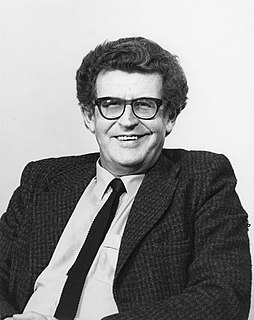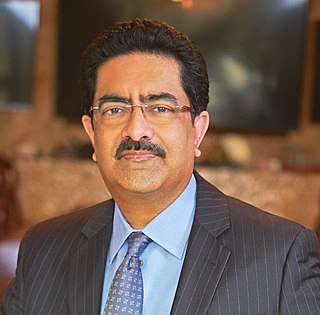A Quote by George Gilder
The prevailing theory of capitalism suffers from one central and disabling flaw, a profound distrust and incomprehension of capitalism.
Quote Topics
Related Quotes
People think what's in the US today is capitalism. It's not even close to capitalism. Capitalism doesn't have a central bank, capitalism doesn't have taxes, it doesn't have regulations; capitalism is just voluntary transactions. What they have in the US today I call crapitalism. But it's sad that so many people are confused and they think, 'Oh that's free markets in the US', when it's one of the least free market countries on earth.
If the central contest of the twentieth century has pitted capitalism against socialism, then F. A. Hayek has been its central figure. He helped us to understand why capitalism won by a knockout. It was Hayek who elaborated the basic argument demonstrating that central planning was nothing else but an impoverishing fantasy.
There's a real difference between venture capitalism and vulture capitalism. Venture capitalism we like. Vulture capitalism, no. And the fact of the matter is that he's going to have to face up to this at some time or another, and South Carolina is as good a place to draw that line in the sand as any.
Capitalism can never pursue deterritorialization to the absolute. What deterritorialization there is within capitalism is always balanced by a compensatory lockdown onto nation, culture, and race. Hence the 'Steampunk' quality of capitalism, where the most ancient traditions can co-exist with the ultramodern.
Capitalism is like this fractal thing where anything that contains an element of capitalism anywhere inside it is just something that turns into capitalism. It is an incredibly defeatist attitude. If you choose to look at reality that way, I suppose you can, but you have to do enormous violence to reality to do so consistently.
After reading The Great Transformation by Karl Polanyi, I realized that capitalism did not naturally grow as [Karl] Marx would imply by his theory of historical materialism. People were dragged into capitalism screaming, shouting, and fighting all along the way, trying to resist this industrial and commercial world.





































